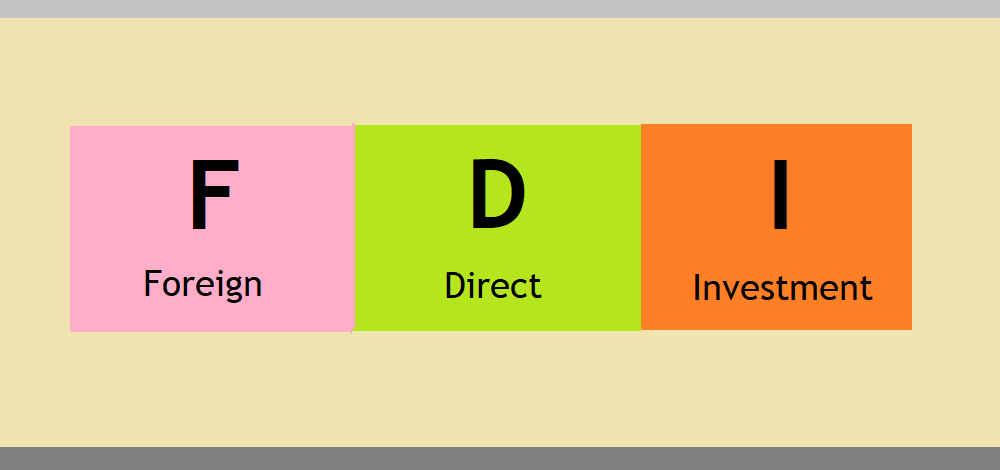
The electric paradigm (OLI) remains the most dominant theory to explain the activities of Multinational Enterprises (MNEs). Developed by Dunning, the OLI model explains that the choice of market selection depends on three economic advantages known as ownership, location and internalization advantages.
Eclectic Paradigm (OLI)
The eclectic paradigm or the OLI framework (OLI stands for Ownership, Location, Internalization) is a framework that firms can use to determine if they should make a foreign direct investment (FDI) or not.
Proposed by John H. Dunning in 1979, the model is based on the internalization theory and it helps a company to decide if it should set up shop in another country or not.
This model provides a mechanism to understand the benefits and challenges of international business (and to to mitigate losses and risks in FDI) to enable a firm to take decision regarding its foreign market entry.
The framework suggests that firms should think of advantages related to ownership, location, and internalization in order to identify the best option for international expansion.
Ownership Advantages
Ownership advantages refer to assets which offer a competitive advantage to firms. To succeed in a foreign market, firms must possess advantages such as patents, copyrights, brand name, intellectual properties, strong brand name, economies of scales, expertise in specific area, etc.
Firm needs to have special skills or resources that will provide the firm an edge over its competitors in the new market.
Location Advantages
These refer to natural resources and various advantages that a country or region possesses.
The new market should offer location benefits such as large market, natural resources, cheap labor, better infrastructure, governance structure, political and economic system, education system.
Internalization Advantages
This refers to control and advantages that a firm gains by maintaining the ownership advantage rather selling them to other firms.
What advantages does the new market offer if the firm decides to set up its own factory there (internalize it) instead of licensing its technology to a local company?
One reason of doing this would be that the firm wants to have better control over the production activities and quality management.
So control can be profitable.
Ideally, all three advantages should exist if a firm has to successfully engage in FDI. If that is not the case, a firm should consider adopting a different entry-mode strategy or just stick to exporting or licensing of its products or technology.
BATheories.com is managed by a group of educators from Mumbai. We also manage the website StudyMumbai.com. Our panel includes experienced professionals and lecturers with a background in management. BATheories is where we talk about the various business theories and models for BA (Business Administration) students.